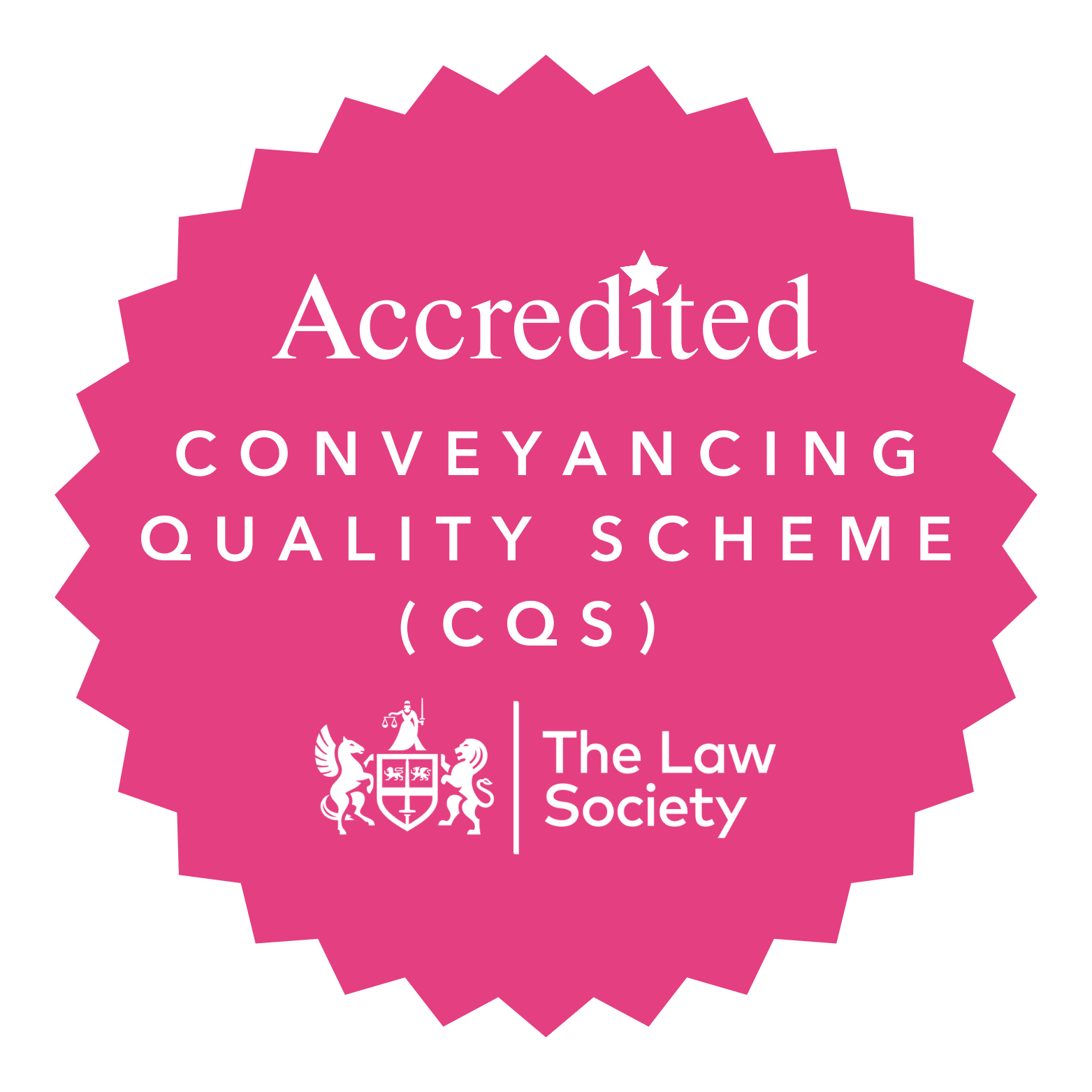- Milton Keynes 01908 660966
- Northampton 01604 828282
7 Tips to get you through a Dispute
Disputes happen and how the initial stages of the dispute are handled can impact upon how quickly and cost effectively you can resolve the problem.
The following can make all the difference:-
Tip 1) Get the facts – not opinion – the facts
It is normal when a dispute arise for those involved to tell you why it is not their fault and provide an opinion as opposed to setting out factually what has happened. Many cases have gone to court based upon opinion and only later has it come to light that witnesses were expressing their point of view based upon what they thought happened and not what actually took place.
The first thing therefore is to get all of the facts and make sure that they are not based upon opinion. This might include reviewing emails, drawing up a chronology, speaking to others to cross reference what you have been told and, in some cases, even checking CCTV footage depending upon the trigger event.
It is far better to know the full facts even if uncomfortable and difficult to hear than to proceed on completely the wrong footing.
Setting out a chronology can make it easier for everyone to follow and will also save time later if the matter proceeds. It also makes it easier to incorporate the legal position at each of the various stages of your chronology which can be useful in contract disputes.
Tip 2) Know your legal position
In an ideal world there should be a contract and, if there is, locate the most recent contract which governs your business relationship with the other party. Read it and ensure that you understand the content and how it impacts upon your circumstances.
It is useful to understand the strengths and weaknesses of your position and also whether there are any clauses which outline how the parties must proceed in the event of a dispute or breach of contract.
If you do not have a contract, there are legal principles that govern most situations. You would be best advised to seek advice about your legal position based upon the facts.
Tip 3) Understand the impact
Having obtained the facts and reviewed your legal position, consider what the implications are for you. Again, sometimes this might be seen as fairly obvious. The impact could however be far wider than initially thought and understanding these direct and indirect consequences could significantly influence your next steps.
The impact might be financial losses, reputational damage, loss of time, delays with other plans, and loss of other contracts or even a review of staffing levels. This assessment will help you understand what the actual impact of the dispute has so you can decide your best course of action.
Tip 4) Don’t ignore the problem
Rarely do problems just go away. They tend to get bigger. Acting quickly and being proactive is the far better course of action. Ignoring correspondence, calls and communication is almost certainly going to provoke a solicitors letter and if the dispute is nipped in the bud early, you may be able to negotiate without legal intervention or agree to go to mediation and avoid court costs altogether.
Tip 5) Avoid emotive communications
Tensions can run high and personal reputations may be on the line. Responding in an emotional way to what has happened though can incite others to take a more aggressive approach when in fact working together to get a solution could save time and money for all concerned. This is not easy. No-one wants to be bullied or pushed into a resolution and with often so much at stake, it can be difficult not for that frustration to come out in the communication. It might be a challenge but keep it as business like as you can.
Tip 6) Consider alternative forms of dispute resolution
If you are unable to agree a way forward, finding an independent accredited mediator to assist both parties may be an alternative to both parties incurring the costs of instructing solicitors. Your solicitors will in any event discuss mediation with you as the Court now recommends alternative forms of resolution to the parties rather than proceeding to court. Rather than going to court and then being referred to mediation, avoid the court costs and invite the other side to your dispute to mediate first of all. This may already be included within your contract.
Tip 7) Consider whether you need legal advice
All too often businesses come to solicitors late in the day and at a time when admissions and comments in open correspondence have been made to try and resolve a situation only to create further problems.
Solicitors will work with their clients to help them to manage the ongoing relationship. The business is protected and also can make informed strategic decisions throughout. There may be good commercial reasons for making a certain decision and yet this could pose some legal risk. Only when that risk is known can an informed business decision take place.
If you would like to talk with one of our Dispute Resolution Solicitors, you can do by filling in the contact form on our Contact Us page.













